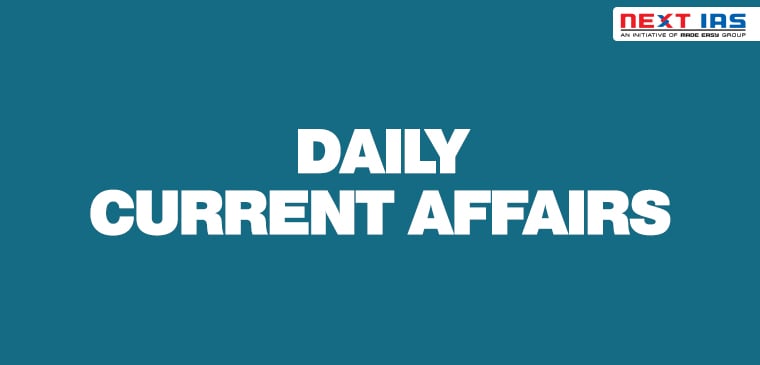
In News
In News
Recently, in a cyber-attack on Air India’s data processor, 10 years worth of the national carrier’s customer data have been leaked.
About the Data Breach
- The incident affected around 45 lakh data subjects in the world and pertained to personal data registered between August 2011 and February 2021.
- Air India’s passenger service system provider, SITA, faced a sophisticated cyberattack in February 2021.
- The attack was on SITA’s servers at its data centre in Atlanta, US.
- The details include name, date of birth, contact information, passport information, ticket information, Star Alliance and Air India frequent flyer data and credit card data.
- Air India assured its passengers that there was no evidence of any misuse of the data and even though no passwords data were affected.
- Implications
- The breach may pose litigation risks for the airline that could further delay the privatisation process.
- The current process of privatisation may go slow as there will be fear of unquantified litigation risks and the incident provides for a new issue for a discussion with potential bidders.
Remedial Measures
- Investigation of the data security incident.
- Advised customers to change their passwords.
- Securing the compromised servers.
- Engaging external data security specialists.
- Notifying the credit card issuers.
- Resetting the passwords of Air India frequent flyer programmes.
- Prioritise efforts to contain the damage and prevent further frauds.
About SITA
- It is a Switzerland-based technology company specialising in air transport communications and information technology.
- It was started by 11 member airlines and now has over 2,500 customers in more than 200 countries.
- It offers services such as passenger processing, reservation systems, etc.
- Air India had entered into a deal with SITA in 2017 to upgrade its IT infrastructure to enable it to join Star Alliance.
- Star Alliance is the world’s largest global airline alliance. It was founded in May 1997 and its headquarters is located in Frankfurt am Main, Germany.
- SITA Passenger Service System is responsible for storing and processing of personal information of the passengers.
- At Air India, SITA also implemented an online booking engine, departure control system, check-in and automated boarding control, baggage reconciliation system and the frequent flyer programme.
Cyber Attack
(Image Courtesy: GL) (Image Courtesy: CT) Safeguards Available In India Against Cyber Threats
|
Source: TH
Previous article
Havana Syndrome
Next article
Kharif Strategy 2021